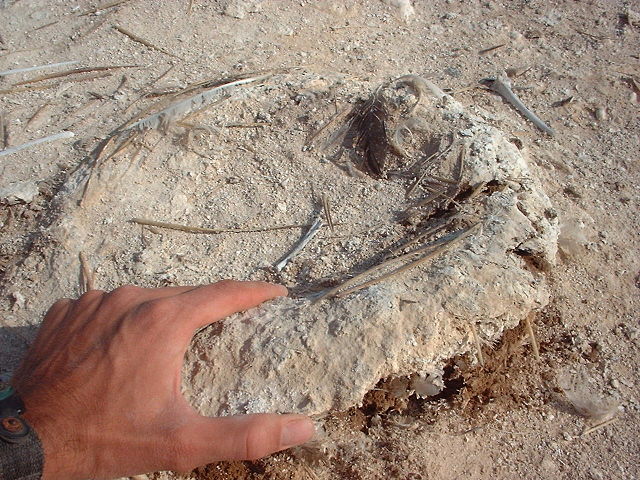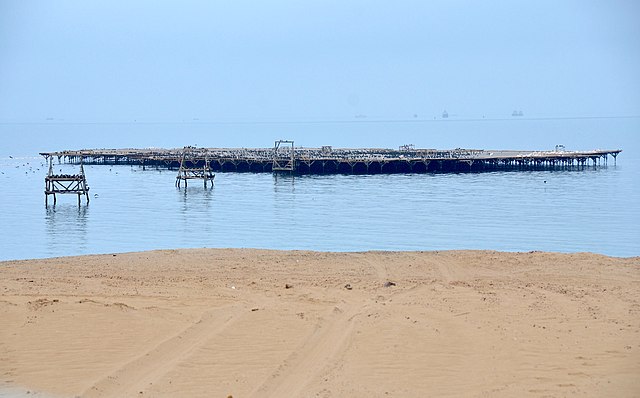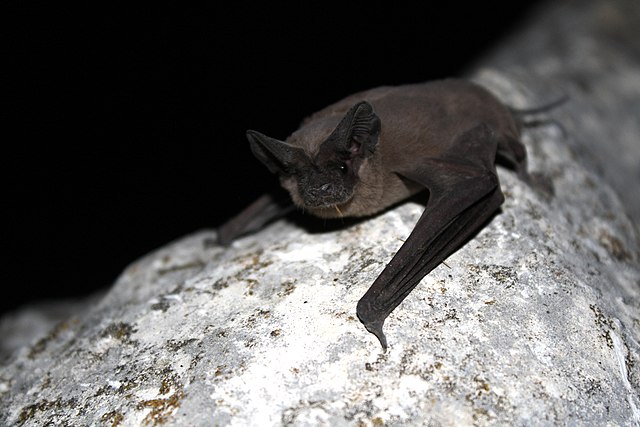Guano is the accumulated excrement of seabirds or bats. Guano is a highly effective fertilizer due to the high content of nitrogen, phosphate, and potassium, all key nutrients essential for plant growth. Guano was also, to a lesser extent, sought for the production of gunpowder and other explosive materials.
The nest of the Peruvian booby is made of almost pure guano.
Man-made Guano Island near Walvis Bay in Namibia
The guanay cormorant has historically been the most important producer of guano.
Insectivorous bats, such as this Mexican free-tailed bat, have historically been the most important producers of bat guano.
Quechua, also called Runasimi in Southern Quechua, is an indigenous language family that originated in central Peru and thereafter spread to other countries of the Andes. Derived from a common ancestral "Proto-Quechua" language, it is today the most widely spoken pre-Columbian language family of the Americas, with the number of speakers estimated at 8–10 million speakers in 2004, and just under 7 million from the most recent census data available up to 2011. Approximately 13.9% of Peruvians speak a Quechua language.
The vocabulary of the general language of the Indians of Peru, called Quichua (1560). From Domingo de Santo Tomás the first writer in Quechua.
Act of Argentine Independence, written in Spanish and Quechua (1816)





